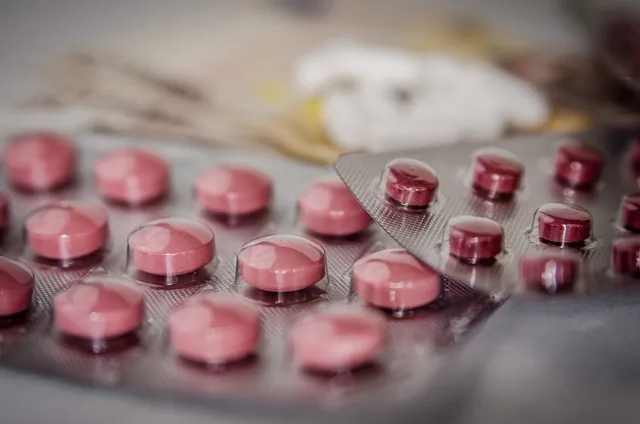The liver plays a crucial role in processing alcohol within our bodies, and the repercussions of excessive alcohol consumption on this vital organ can be profound.
This article explores the mechanisms through which alcohol harms the liver and highlights the importance of responsible drinking.
The process of breaking down alcohol in the liver involves several steps, ultimately converting it into simple sugars.
However, some of the intermediate compounds formed during this process are significantly more toxic than alcohol itself.
While these compounds only exist for a brief period before being further metabolized, their presence can inflict harm.
The liver’s capacity to metabolize alcohol is limited to approximately 30 ml of pure alcohol per hour.
Any excess alcohol that surpasses this limit continues to circulate through the liver, awaiting its turn for processing.
Prolonged exposure to excessive alcohol places immense stress on liver tissue, leading to tissue damage due to the cumulative toxic effects.
As a result of this ongoing strain, liver tissue begins to transform into fat.
This excessive burden on the liver disrupts its ability to perform its other essential functions, one of which is breaking down dead red blood cells to facilitate the recycling of their components into new blood cells.
A by-product of this process is bilirubin, a substance with no biological use.
The liver, in collaboration with the gall bladder (if present), processes bilirubin before it is excreted into the intestines.
However, in the presence of excessive alcohol consumption, the liver’s attention is diverted, and it struggles to break down bilirubin efficiently.
Consequently, bilirubin accumulates in the bloodstream, leading to a characteristic symptom known as jaundice.
Jaundice serves as an alarming indicator that the liver is no longer functioning as it should.
It is essential to acknowledge that alcohol, in large quantities, is a potent poison that can significantly disrupt the functioning of the nervous system, potentially leading to complete system failure and death.
The liver plays a crucial role in mitigating these harmful effects.
While doing so, it bears the brunt of alcohol’s toxic by-products, which can induce nausea.
This nausea is essentially a consequence of the liver’s efforts to protect the nervous system.
Notably, there are medications designed to hinder the liver’s processing of these highly toxic by-products, causing severe nausea.
These medications are often prescribed to alcoholics to deter them from excessive drinking due to the unbearable nausea it induces.
While the liver is a remarkably resilient organ capable of handling a variety of toxic substances and extracting nutritional value from them, it does have its limits.
Consistent and excessive alcohol consumption pushes the liver beyond its threshold, jeopardizing its ability to function optimally.
In conclusion, it is imperative to recognize that alcohol, when consumed irresponsibly and excessively, can have severe repercussions on liver health.
Understanding the impact of alcohol on the liver underscores the importance of moderation and responsible drinking practices.
Your liver is a resilient organ, but it deserves to be treated with care and respect to ensure its continued well-being.





